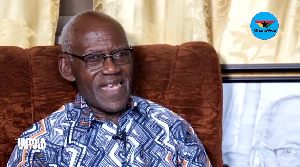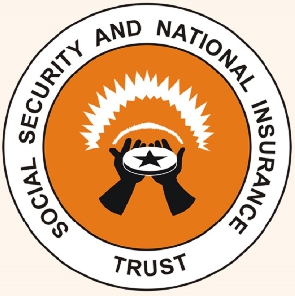Opinions of Wednesday, 16 February 2005
Columnist: Owusu, Ansa Boafo
The Need For Advocacy Service For People Living With HIV/AIDS In Ghana
The importance of HIV/AIDS Advocacy:
Research suggests that people who are distressed or unwell either physically, emotionally or mentally may find it difficult to express concerns about their treatment or care or even assess information about options or rights that are available to them when they are in hospital or community. In such instance, such people would often benefit from the help of an advocate to ensure that their views are heard, respected and acted upon.
What is People Living With HIV/AIDS (PLWHAs) Advocacy?
This form of Advocacy should help PLWHA`s to say what they want, to secure their rights, their interests or obtain services they need.
How does it work? (a) An Advocate can help PLWHAs by either supporting their concerns or represent their concerns when they are not able to do so.
(b) An Advocate could talk through in a confidential and non-judgmental way any issues or concerns PLWHAs may have about their care and treatment in hospital or use or access to health services in the community.
(c) An Advocate could help PLWHAs to make an informed choice on what action to take by discussing with Advocate the options available.
(d) The Advocate could also put PLWHAs in contact with other agencies and organizations which might be helpful to them.
(e) Advocacy Service should be there for PLWHAs and in the final analysis should determine the involvement an Advocate has.
Aims and Principles of PLWHAs Advocacy Service
Empowerment
That is, the service should aim to give PLWHAs control and power to express them selves and take an active part in the making decision that affects their lives.
Confidentiality
Confidentiality is vital for trust and openness. That is, all information disclosed in meetings is strictly confidential unless if information has to be shared between other professions or required to be disclosed to appropriate authorities by law. But those involved will be informed beforehand.
Advocacy Service should therefore in the long run: support, represent, negotiate, empower and encourage PLWHAs to be their own representatives (self-advocates).
Advocacy is NOT
- A counseling service.
- Able to offer befriending service.
- A legal service (but an Advocate should be able to help PLWHAs access legal service).
In conclusion, an Advocate could empower PLWHAs to enjoy their fundamental Human Rights with reduced stigmatization and discrimination; help PLWHAs to obtain services under the new National Health Insurance Scheme (NHIS).













